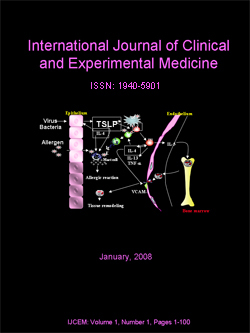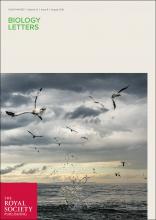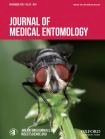 An oncology journal has retracted a 2014 paper that contained a potentially fatal mistake.
An oncology journal has retracted a 2014 paper that contained a potentially fatal mistake.
Specifically, the paper suggested that a chemotherapy drug be injected intrathecally — i.e., in the spine. But according to the retraction notice, the medical literature has unequivocally shown that that form of treatment is “uniformly fatal.”
The retraction comes approximately 18 months after the journal published a letter to the editor alerting readers to the risky wording in the 2014 paper.
Here’s the notice, issued by Hematological Oncology:
Continue reading Dangerous chemo mistake retracted by journal after two years
 Sometimes we come across a real head-scratcher.
Sometimes we come across a real head-scratcher.






